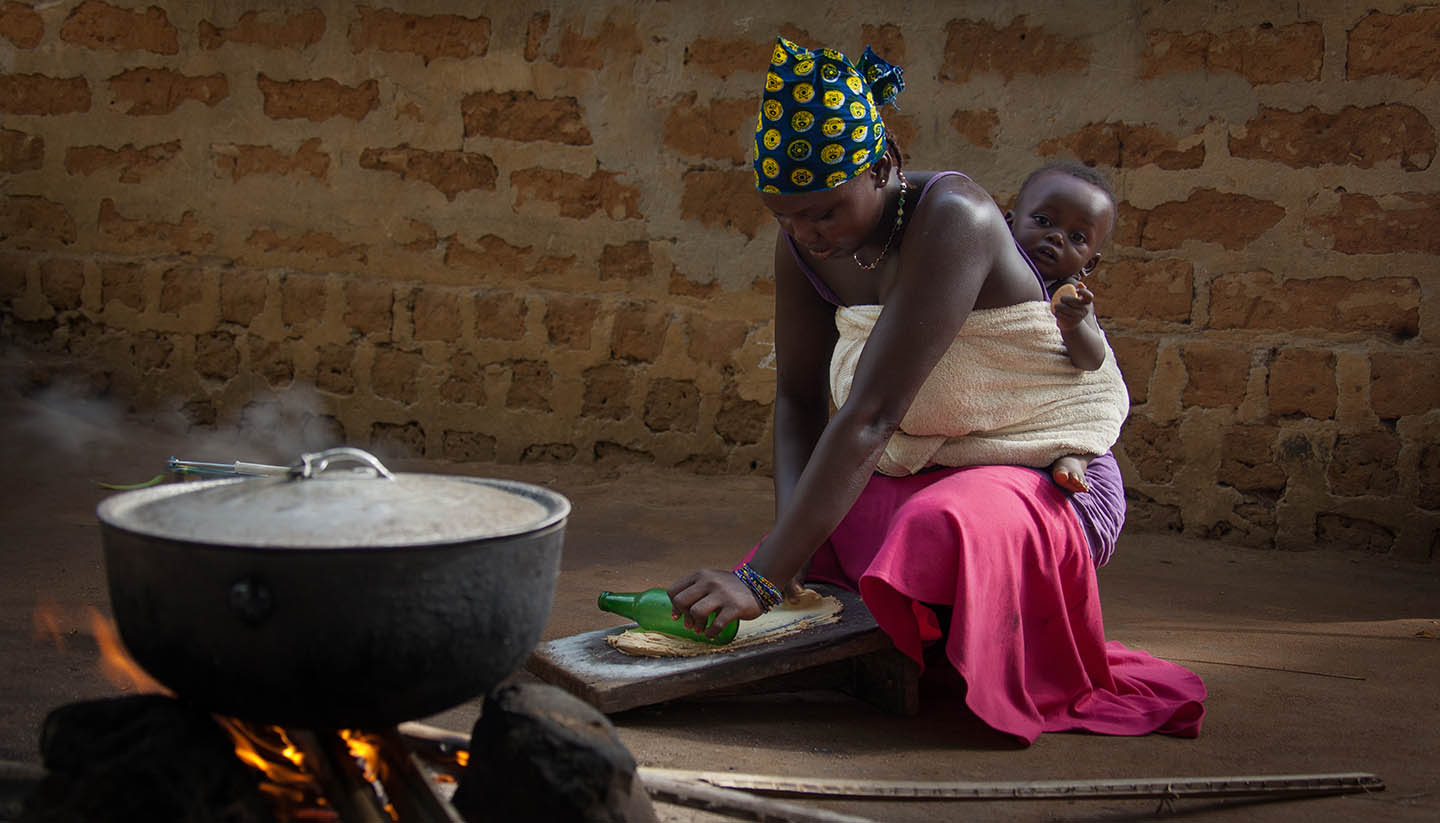Sierra Leone History, Language and Culture
History of Sierra Leone
Sierra Leone has been inhabited for thousands of years. Previous to Sierra Leone’s discovery by the Portuguese explorer Pedro Da Cintra in 1462, the country was organised in small political units of independent kingdoms. After Sierra Leone’s discovery by the West, foreign trade began between the locals and Europe which soon lead to the British establishing a trading post on Bruce Island in Freetown Harbour, which was to stay a strategic point for trade for years to come.
The capital city, Freetown, wasn’t founded until 1787 when freed slaves arrived from England and formed a settlement. Although the settlement failed, it was later established as a base for the suppression of the slave trade. The country prospered when the first college for higher education south of the Sahara, Fourah Bay College, was established in 1827 which meant the country was aptly nicknamed as the ‘Athens of West Africa’ for its early achievements in medicine, law and education.
After several unsuccessful revolts against British rule, Sierra Leone gained independence in 1961, and adopted a parliamentary system of government under the leadership of its first Prime Minister, Sir Milton Margai, later becoming a republic in 1971.
The escalating civil war in neighbouring Liberia spilt into Sierra Leone in the early-1990s and led to the darkest decade in the country’s recent history. General Joseph Momoh, Sierra Leone’s Prime Minister at the time, deployed troops to the border region to repel the Liberian rebels but the army also came under attack from the Revolutionary United Front (RUF), a home-grown Sierra Leonean movement led by Foday Sankoh, who had been collaborating with Liberian rebels.
In April 1992 Momoh was deposed by Valentine E.M. Stasser, during whose reign the civil war worsened with the RUF taking control of the lucrative diamond mines. A military coup lead to Strasser being ousted in 1996, and civilians elected Ahmad Tejan Kabbah of the SLPP, who drew up a peace agreement with the RUF, but unfortunately, it was not implemented. The turbulent political situation continued into 1997 as dissident troops led by Major Johnny Koroma seized power. After intervention by ECOWAS (Economic Community of West African States) troops, supported by the international community, Kabbah’s government was reinstated in 1998. A political settlement was signed in July 1999; however, this was short-lived as the RUF refused to disarm and relinquish occupied areas. Fighting broke out again in May 2000, where the leader of the rebels Sankoh was captured. Peacekeeping forces finally brought conflict to an end in January 2002.
With peace restored, former president Kabbah was re-elected in the same year. The APC’s Ernest Koroma was elected Sierra Leone's new president in 2007 with a promise to fight corruption and improve the quality of life within the country. Koroma was re-elected in 2012 in a democratic multi-party vote.
The country experienced economic growth up until 2014 when Ebola struck Sierra Leone as well as the neighbouring countries of Liberia and Guinea. By the time the outbreak was contained in 2016, many lives had been lost, and the country’s economy had been devastated. In 2018, President Julius Maada Bio of the SLLP (a centre-left leaning party) won the general election with 43.3% of the vote.
Did you know?
• The name of the country hails from the words ‘Sierra Lyoa,’ meaning ‘Lion Mountain Range’ in Portuguese.
• With a land area of 71,740 sq km (27,699 sq miles), Sierra Leone is one of the smallest republics in Africa.
• Sierra Leone’s diamond industry helped fund the years of military conflict.
Sierra Leone Culture
Religion in Sierra Leone
Islam is the most widely practised religion, with about 78% of the population being of the Muslim faith. This is followed by Christianity (all branches included) which make up about 20.9%. Other beliefs include traditional African religions, Buddhism, Hinduism and Judaism.
Social Conventions in Sierra Leone
Sierra Leone’s culture is a diverse blend influenced by the large amount of different ethnic groups inhabiting the country. The people of Sierra Leone are well known for their friendliness and hospitality, with a relaxed pace on life. The locals are expressive and joyful, and religious beliefs and customs are very much present in everyday life. Greetings are very important in Sierra Leonean culture, and elders are especially respected.
It is common to be entertained in a hotel or restaurant, particularly for business visitors. Small tokens of appreciation are always welcome. Casual wear is suitable almost everywhere, however presentable and decent clothing is expected.
Societies are a fundamental part of Sierra Leonean culture, especially exclusive or secret ones. These societies are split by gender, and the members must obey a strict code of conduct. The ‘Poro’ (male) and the ‘Sande’ (female) societies, for example, play an educational role in village culture for children who are reaching puberty. They are taught essential skills and knowledge important for their role within society.
Music and dance are of huge importance to Sierra Leoneans; it is part of the fabric of normal life. Sierra Leone has an upcoming rap and reggae scene as certain rappers’ music is starting to infiltrate the charts. The most popular sports include football (soccer) fans, baseball and basketball, and several Sierra Leone-born athletes play professionally internationally.
Language in Sierra Leone
The official language is English; however, it is mainly used for governmental and media purposes. There are 23 living languages spoken within the country, the most prominent of those being Kiro, Mede, Temme and Limba.
Kiro is the de facto national language as the most widely spoken language in Sierra Leone. It is mainly derived from English but has influences from other African languages, other European languages and some expressions found in the West Indies.
Phrases
A few useful words and phrases in Krio:
• Kusheh? = Hello
• Tenki = Thank you
• Do ya = Please
• How di bodi? = How are you?


